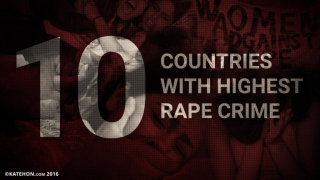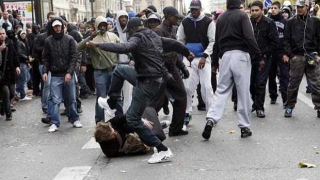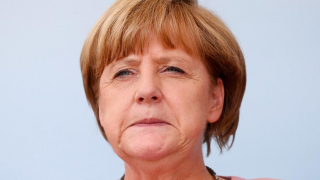Here is the list of top 10 countries with highest rape crime. You would be amazed to read that the most developed countries like U.S., Sweden, France...
23.10.2016
Berlin and Tel Aviv held secret talks about purchasing nuclear submarines. The two sides are reported to have reached an agreement, but the documents...
14.08.2020
Eight decades ago in the late summer of 1940 the Wehrmacht's generals, at Adolf Hitler's behest, were beginning preparations for a massive invasion...
08.06.2017
In Europe, where we whites are still the majority (¿for how long?), racism prevails against us, the autochthonous. However, according to the official...
08.12.2022
The German leader just published what can be interpreted as his manifesto explaining why his country must supposedly restore its prior hegemonic...
04.01.2014
The NATO defense strategy during the Cold War must have been a real nightmare for some West-German officers. Even the former West-German chancellor...
10.09.2018
All of Europe seems to be talking about the German government’s surprise announcement that it’s considering bombing Syria if the US claims that...
02.10.2023
In the immediate years after World War I, France seemed to have gained an impregnable position in mainland Europe. France's old rival, Germany, was...
Beatrix von Storch faced an immediate challenge from political talk show host Anne Will, who confronted her with one of her own Facebook posts...
19.10.2016
The meeting of"Normandy format" is scheduled for October 19th in Berlin. The member countries of Russia, Germany, France and Ukraine will discuss the...
12.06.2021
Assadollah Asadi does not attend any of the court hearings, citing his diplomatic immunity as well as the Mujahedin Khalq Organization's plotting...
15.05.2017
In January 2017, the Minister of Economic Cooperation of Germany Gerd Muller offered to launch a new “Marshall Plan” for Africa. The minister’s...












